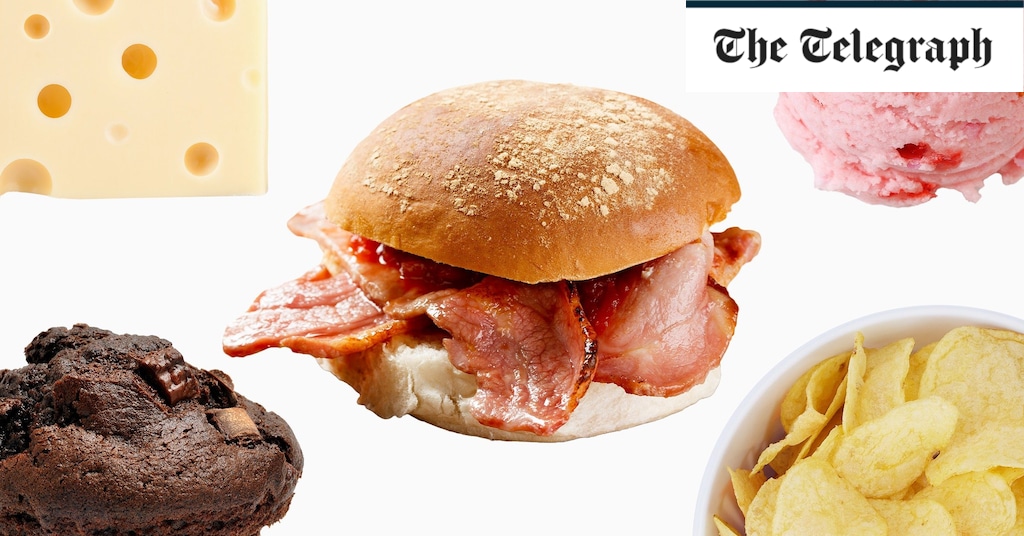Heart disease is a leading cause of death in the UK, with often misunderstood and misdiagnosed conditions among women. One of the key methods to prevent heart disease is maintaining a healthy diet. Nonetheless, there are certain foods that pose a greater risk to heart health, such as those rich in saturated fats, high in salt, or packed with sugars. In this article, we will take you through a comprehensive guide on seven foods increasing the risk of heart problems and suggest healthier alternatives.
First on the list is the traditional British bacon sandwich. A mountain of bacon crammed between two slices of white bread is an undisputed comfort food for many, but its high content of saturated fat doesn’t do any favors for your heart. Saturated fat impacts the liver’s ability to remove bad cholesterol from the blood, increasing the risk of heart attacks or strokes. Other foods high in saturated fat include sausages, burgers, butter, and coconut oil. Limit intake to occasional treats and make healthier choices like grilling lean unsmoked bacon and using whole grain bread instead of white.
Next are the universally loved crisps. Crisps are iterations of highly processed food, high in sodium and may contribute to heart disease, with even one weekly consumption potentially raising blood pressure levels. Daily sodium intake should be no more than 6g. Check food labels and opt for those with less than 0.3g of salt per 100g. Make it an occasional treat, and go for healthier alternatives such as sunflower or rapeseed oil baked crisps, plain popcorn, or unsalted nuts.
The third food group that should be consumed with caution include sugary snacks like cakes or candies. A high-sugar diet not only contributes to weight gain and obesity but also triggers a series of health conditions such as fatty liver disease, type 2 diabetes, and heart problems. Limit your daily sugar intake to 30g. Sweet cravings can be satiated with healthier choices like fruits, natural yogurt, and plain biscuits.
Sausages, although immensely popular, are heart-health culprits, containing high amounts of saturated fat and salt. Furthermore, they belong to a category called ultra-processed foods, which could trigger high blood pressure. Try focusing on whole, minimally processed foods like lean meat, chicken, turkey, or pork which are naturally low in salt, fat, and sugar.
Processed carbohydrates like white bread, rice, pasta, and breakfast cereals contribute to heart health issues. Refined grains lose their essential nutrients and fiber during processing, which also makes them less filling. Opt for whole grains instead; they are a more balanced option providing nutrients, fiber, polyphenols, and heart-healthy fats.
Tinned soups, often considered a light and healthy meal, can be high in salt and sugar. Always check the labels, even for foods that are perceived as healthy. Choose tinned soups low in salt and sugar with plenty of vegetables, lean proteins, and added whole grains. You can also make heart-healthy, homemade soup with a variety of vegetables, proteins, herbs, and spices.
Ice cream is on the list too due to its high content in saturated fat, sugar, and salt. Regular consumption could lead to high blood pressure, cholesterol, obesity, and type 2 diabetes. Opt for healthier alternatives such as frozen yogurt with berries or bananas. Stick to a small portion when you do consume it. Keep in mind that low-fat or fat-free ice creams usually have more added sugar to compensate for the reduced fat content.
In conclusion, foods that increase the risk of heart problems are unfortunately some of the most loved and popular. However, being aware of what these foods contain and how they affect our body allows us to make smarter choices without completely forsaking our favorite snacks. Moderation, sensible alternatives, and an overall balanced diet are the keys to maintaining heart health.




